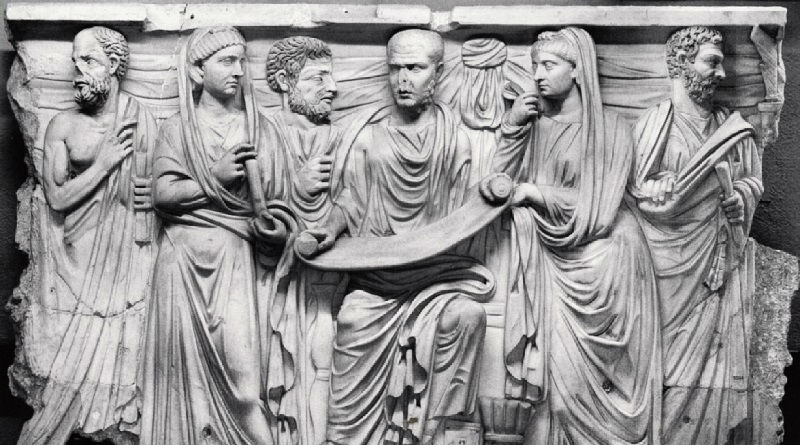Parmenides, Heraclitus and The Sophists

Understanding the Philosophical Ideas of Parmenides:
- Gain a thorough understanding of Parmenides’ philosophy, particularly his views on the nature of reality, being, and non-being.
- Explore the significance of Parmenides’ poem, “On Nature,” and its impact on subsequent philosophical thought.
- Analyze Parmenides’ arguments for the impossibility of change and the existence of a single, unchanging reality.
Exploring the Philosophy of Heraclitus:
- Study the key ideas presented by Heraclitus, such as his doctrine of constant change and the concept of the unity of opposites.
- Investigate Heraclitus’ famous statement “you cannot step into the same river twice” and its implications for our understanding of reality and identity.
Examining the Sophists and Their Relativism:
- Explore the historical and intellectual context in which the Sophists emerged as itinerant teachers of rhetoric and philosophy.
- Understand the Sophists’ relativistic views on truth, ethics, and knowledge, including the idea that “man is the measure of all things.”
Resources:
https://www.youtube.com/watch?v=GBZLHhqNOY8
Learning activities:
Philosophical Debates: Divide the class into groups, with each group representing one of the three philosophers (Parmenides, Heraclitus, or a group of Sophists). Have them engage in a debate where they defend their philosopher’s views on topics like the nature of reality, change, and ethics.
Philosophical Art or Visual Representations: Students will create visual representations or artwork that symbolize the key concepts of Parmenides, Heraclitus, and the Sophists. This could include paintings, sculptures, or even digital art. Encourage them to use symbolism and imagery to convey philosophical ideas.
Adaptaciones curriculares:
-DT (NVFJ)-
–
–
